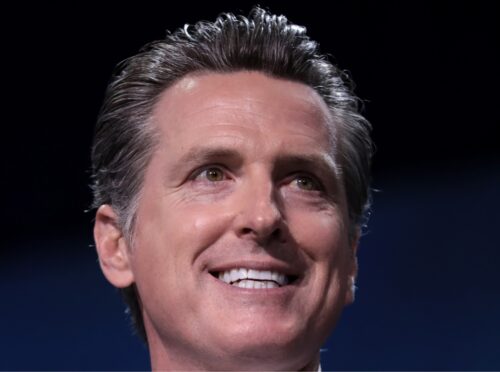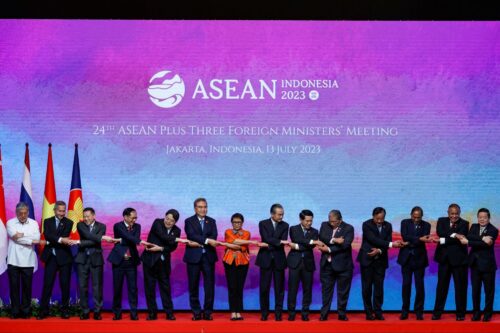Did an Australian senator sell himself to Chinese interests?

Australian Labor Party (ALP) senator Sam Dastyari is in hot water after the latest in a year-and-a-half long series of revelations about his communications with Chinese in the country showed him disregarding his own government’s policy positions and security protocol.
- Dastyari gave a press conference to a Chinese audience in Sydney on June 17, 2016, during which he reportedly expressed a neutral position on the South China Sea, contradicting ALP policy.
- This, along with some questionable money from Chinese donors that Dastyari was forced to return, led to his stepping down from senate leadership in September 2016.
- In June 2017, it was reported that one especially influential Communist Party-linked donor, Huang Xiangmo, had “threatened to withdraw a promised $400,000 donation to the party” the day before Dastyari made the comments.
- On November 29, 2017, the Sydney Morning Herald added a new layer of intrigue to Dastyari’s Chinese connections, reporting that he visited the donor Huang at his Sydney mansion in October 2016, and asked him to leave their (presumably bugged) phones behind and speak secretly outside.
- On November 30, 2017, the Sydney Morning Herald revealed a tape recording of Dastyari’s actual comments at the original press conference, showing they were far beyond neutral: He practically repeated word for word the Chinese government position, saying, “The Chinese integrity of its borders is a matter for China, and the role Australia should be playing as a friend is to know that with the several thousand years of history, thousands of years of history, where it is and isn’t our place to be involved.”
Now, the Australian ABC is reporting that Foreign Affairs Minister Julie Bishop is calling on Dastyari to resign, while Prime Minister Malcolm Turnbull is openly questioning Dastyari’s loyalty to the Australian government. Chinese influence in Australia, and also in New Zealand, have become an especially controversial topics in the past half year.
- North Korea and U.S.-China relations
China has ‘grave concerns’ about North Korea’s latest missile test / CNBC
After North Korea tested its third ICBM on November 29, China expressed “grave concern and opposition” and urged “all parties” to “act cautiously to preserve peace and stability.”
Paul T. Haenle on Twitter (11/27): “In discussions in Beijing today, it appears China has little interest in further sanctions. Leadership calculations on NK don’t appear to have changed much following Trump-Xi summit and 19th PC. Not much US-China alignment on next steps.”
Donald J. Trump on Twitter (11/29): “Just spoke to President XI JINPING of China concerning the provocative actions of North Korea. Additional major sanctions will be imposed on North Korea today. This situation will be handled!” - Obama
Barack Obama to meet Xi Jinping in Beijing during three-day Asia trip / SCMP - Zimbabwe
Chinese envoy heads to Zimbabwe in new president Mnangagwa’s first week in office / SCMP






